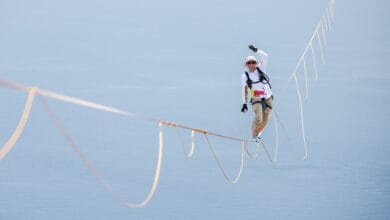Double above the knee amputee is one step closer to summiting Everest but needs the outdoor community’s help!

Former British soldier and mountaineer, Hari Budha Magar, is calling on the climbing community to help him prove that disability is not a barrier as he attempts to become the world’s first double above-the-knee amputee to climb Everest.
Having served in the British Army’s Ghurka regiment for 15 years, Hari turned to mountaineering in 2016 as part of his recovery having lost both legs in Afghanistan in 2010 after an Improvised Explosive Device (IED) exploded while on patrol.
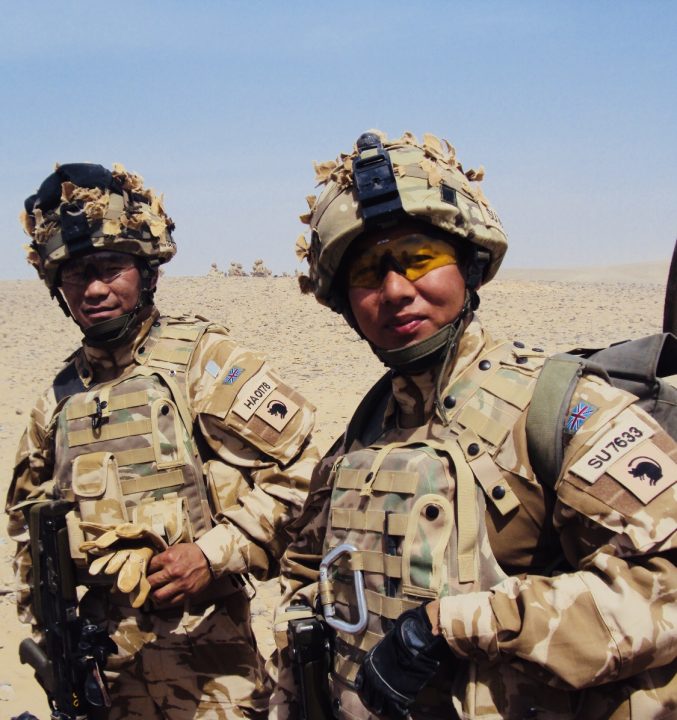
In preparation for his Everest attempt, Hari has already been the first double above knee amputee to climb the Mera Peak (6,476m); Ben Nevis, trek to Everest Base Camp, climb Mt Toubkal (4,167m), and climb Chulu Far East (6,058m).
Hari will take on the world’s tallest mountain in May 2023 – making history as the first double above the knee amputee to do so.
Through his expedition, Hari hopes to inspire veterans, and others with a disability, to realise that ANYONE can achieve their dreams, no matter how big or impossible they may seem.
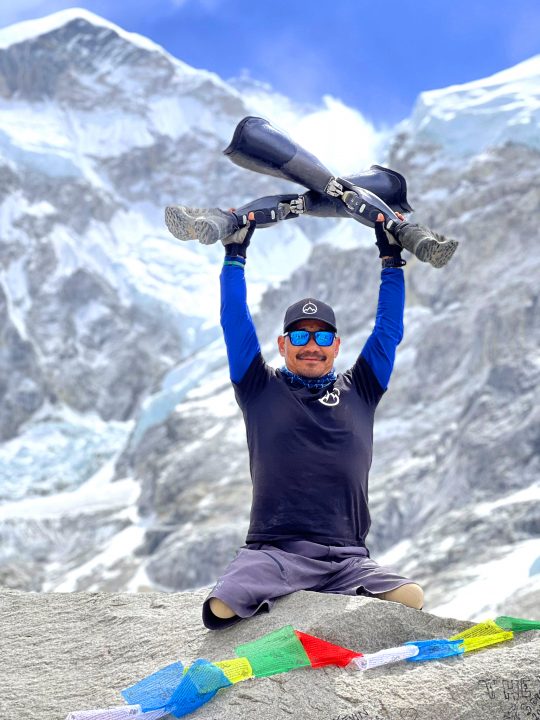
To attempt the Everest summit, Hari needs to raise over £300,000.
To help reach this monumental target, Hari has launched a Crowdfunder campaign and is calling on the climbing community to support his expedition.
“Everest is my ultimate challenge,” said Hari.
“The human body is just not designed to operate at that altitude. But add to that my challenges with mobility and speed, and there is a whole new layer of difficulty.
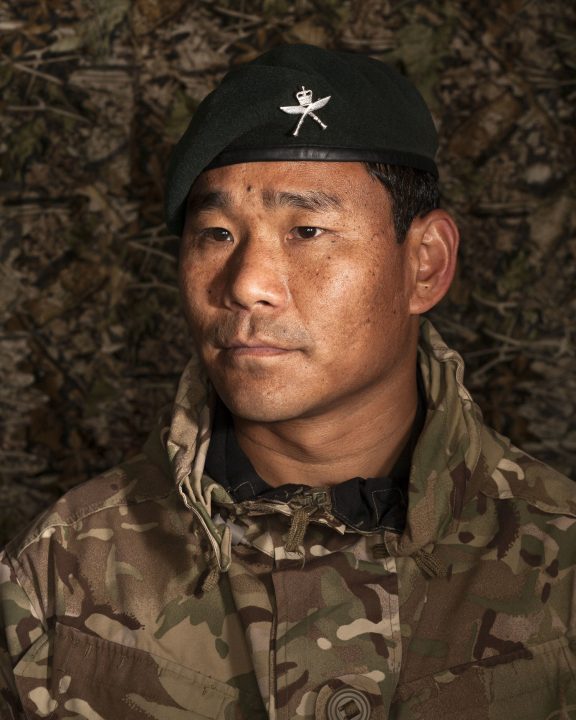
“It’ll take me longer than able bodied climbers, so I’m resigned to the fact that I’ll be starting earlier and finishing later. We’ve also planned two extra camps if they are needed.
“That means more kit, and a greater risk for all of us on the mountain – so we are planning out every detail.”
The 43-year-old from Canterbury is being trained by, and climbing with, Krishna Thapa, former Chief Mountain Instructor at the SAS and world-renowned climber, and Hari now has 9 months to prepare for the ultimate summit attempt in May 2023.
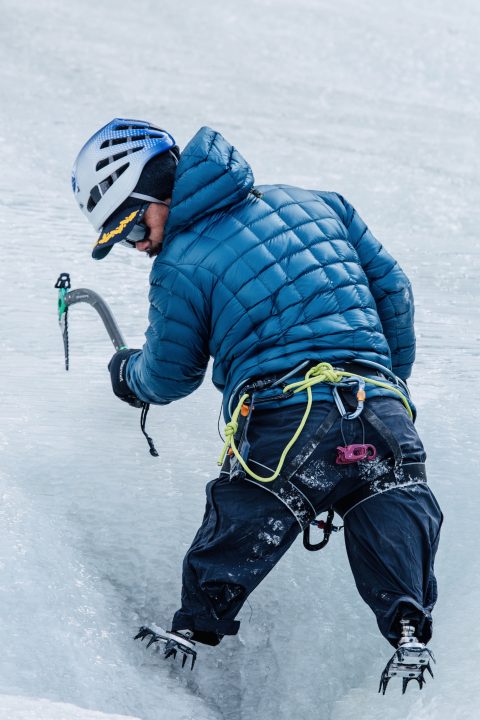
With reduced mobility, Hari uses three times more energy than the average climber, with Everest expecting to take him three times longer than an able-bodied mountaineer.
He will climb to the 8,848.86m (29,029ft) summit of Everest across the South Col route from Nepal, negotiating some of the world’s toughest mountaineering conditions.
Cutting-edge equipment and technology will be important, but this is a true test of Hari’s human limits, both physical and mental.
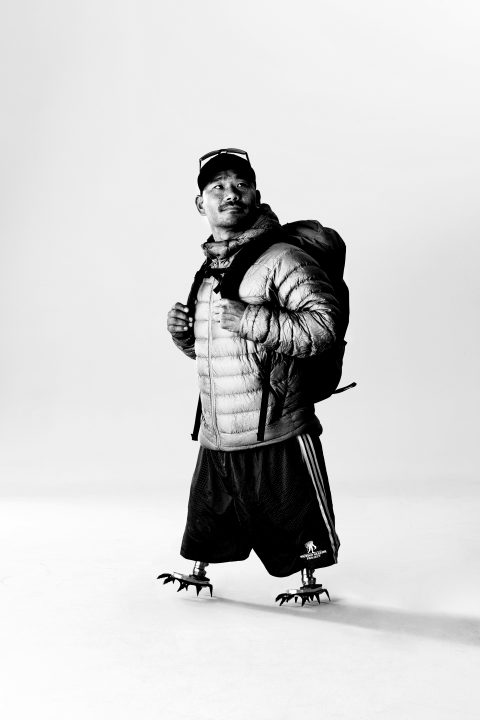
Hari added: “From specially designed crampons to the heated sockets around my stumps and the short prosthetic legs I’ll be using for the climb – we are developing new technologies that will allow me to climb Everest.
“But it’s much more than that, everything needs to be adapted to get me onto the mountain right down to made to measure clothing.”
In 2018, Hari joined forces with other climbers and disability charities to successfully overturn a ban on double amputees and the visually impaired from climbing Everest at the Supreme Court in Nepal.
“It’s already been an adventure getting to this point, but through the climb I hope we can positively transform the way people with a disability are perceived, and how they perceive themselves,” Hari added.
Krishna Thapa, who is not only Hari’s climbing and expedition leader, but has also been training with Hari since 2016, said: “I’ve worked with some tough guys in my time, but Hari is up there with the toughest.
“If he puts his mind to a task, you are damn sure that he’s going to give it every fibre of his being to get the job done.
“There are no words to describe the monumental challenge that he’s undertaking, but we’ll be there every step of the way – and this time next year I can’t wait to share that special moment with Hari on top of the world.”
To support Hari’s Everest expedition, visit https://www.crowdfunder.co.uk/p/harieverest




